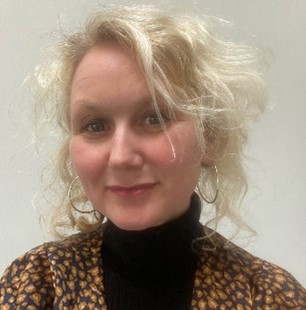Abstract
In primary schools, educators may unknowingly – or unthinkingly – use language or demonstrate behaviour which may perpetuate gender stereotypes. Teachers’ contemporary understandings of masculinities and femininities appear to reflect some of the deeply entrenched societal (mis)understandings of how gender must be performed (Sheehy and Solvason, 2023). Since teachers have the ability to shape the views, opinions, and more specifically, the gender construction, of their pupils (Gunderson et al. 2012), it is relevant to understand how teachers’ attitudes to gender may evolve and their awareness to the impacts of their behaviour on pupils’ attitudes can be heightened.
With an aspiration to minimise the impact of gender stereotypes on future generations, educators have an ethical duty to promote equality (Sheehy, 2023). This study furthers understanding of employing teacher reflection to achieve this aim.
Life history interviews were conducted with 14 teachers who reflected on their own experiences, their attitudes towards gender and the implicit messages given through their pedagogy. The findings showed that teachers’ attitudes can change following reflection, resulting in changes to practice. There appeared to be evidence of a three-stage process by which this change occurs. In some cases, individuals may reach a fourth stage in the process, elevating the issue through engagement with other professionals.
The process of reflection on gender construction and pedagogical approach was seen to result in beneficial changes to practice including:
o Consideration of representations of gender in the classroom.
o Use of language.
o Selecting resources which challenge gender stereotypes.
o Alterations to curriculum content or focus.
Biography
Amanda is an educator, communicator and researcher. She has published journal articles with a focus on promoting equality in primary education. Amanda is an associate lecturer in the Department of Children and Families at the University of Worcester. She has been a teacher since 2006 and continues to teach part time at a primary school. As a result of her PhD research into promoting gender equality in schools, Amanda has developed workshops which she has delivered in primary schools. She continues to conduct educational research focusing on social pedagogy.
